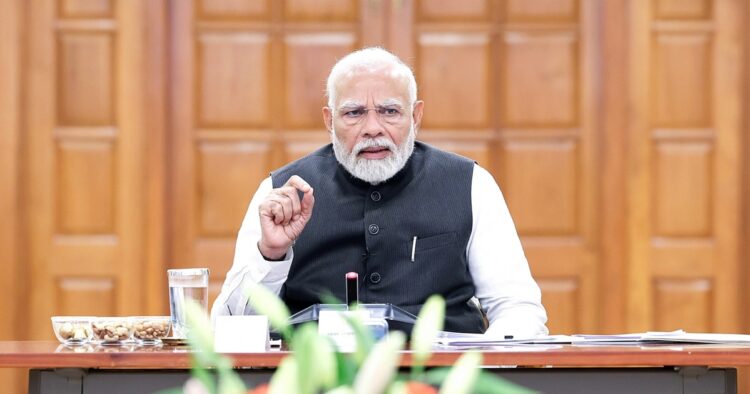On Thursday, the Union Cabinet approved the recommendation for implementing the One Nation, One Election. The government is likely to introduce a comprehensive bill on the matter during the ongoing Winter Session of Parliament. In September, the government accepted the recommendations from a high-level committee, which suggested holding simultaneous elections for the Lok Sabha, state assemblies, and local bodies in a phased manner.
Prime Minister Narendra Modi has long advocated for shorter election cycles, focusing that political campaigns should not overshadow the entire five-year term of governance. He cited India’s first elections held in the winter of 1951-1952 as an example of the One Nation, One Election concept, which was discontinued after 1967. The Prime Minister also highlighted the establishment of a commission to study the issue, noting that its report has been received and is under review.
He stated, “After careful examination of the report, actionable steps will be taken. Our commitment to this cause is not just political; it holds significant importance for the nation”. Earlier in March, a high-level committee, chaired by former president Ram Nath Kovind, recommended holding simultaneous elections for the Lok Sabha and state assemblies as the initial step, followed by synchronized local body elections within 100 days.
‘One Nation, One Election’ refers to conducting elections for the Lok Sabha, all state assemblies, and local bodies—such as municipalities and panchayats—simultaneously.

















Comments